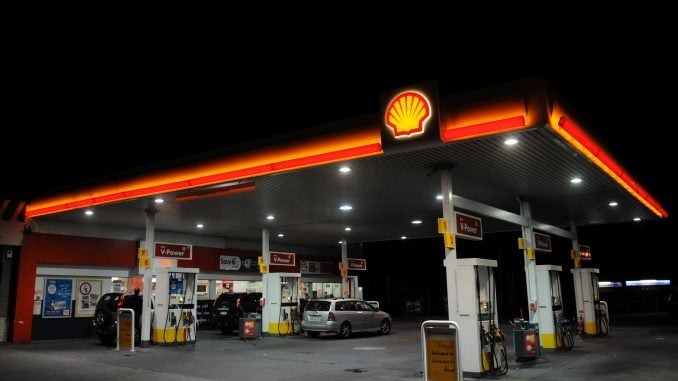
OMAHA, Neb. — The Trump administration is following through on a plan to allow year-round sales of gasoline mixed with 15% ethanol, though some say the move is undercut by a policy that gives oil refineries waivers allowing them to use reduced levels of the additive.
The Environmental Protection Agency announced the change Friday, ending a summertime ban on the E15 blend imposed out of concerns for increased smog from the higher ethanol blend. Until the change, the only ethanol blend fuel typically found in summer months was a 10% ethanol blend called E10.
The change also fulfills a pledge that President Donald Trump made to U.S. corn farmers, who see ethanol as an important driver of demand for their crops. Oil refineries have been seeking exemptions from government requirements to include ethanol in their fuel mixes.
Environmental groups contend the U.S. Clean Air Act prohibits year-round sales of E15, and court challenges are expected. Bill Wehrum, assistant administrator of the EPA’s Office of Air and Radiation, said Friday the agency is prepared to win a court fight.
Wehrum said Friday in a conference call with reporters that if the agency believed the change ran afoul of the Clean Air Act, “we wouldn’t have done it.”
Federal law for more than a decade has mandated that oil refineries mix ethanol into their fuel. The Trump administration’s former EPA chief, Scott Pruitt, had angered lawmakers, growers and ethanol processors in Iowa and other key election states by granting a spate of exemptions sparing refineries from that mandate.
The dispute sparked a billboard campaign and at least one tractor rally by angry farmers in the Midwest last year, threatening to erode what has been a base of support for Trump.
The change removes a barrier to wider sales of E15 and is expected to expand the market for ethanol — although immediate effects on the market are expected to be minimal. Only about 1,000 to 1,500 of more than 150,000 U.S. gas stations currently sell the higher-ethanol blend, Wehrum said.
“It’ll take some time” to see an overall jump in E15 sales, he said.
Friday’s announcement was widely lauded by Midwest lawmakers, farm groups and the biofuel industry.
“Our corn farmers are experiencing a perfect storm of economic and weather difficulties. This is a sign that the skies could be clearing,” said Ted Mottaz, a farmer from Elmwood, Illinois, and president of the Illinois Corn Growers Association.
Corn is by far the most widely used base to make ethanol in the U.S.
Brooke Coleman, executive director of the Advanced Biofuels Business Council, said in a statement that the EPA deserves credit for making the change ahead of this year’s summer driving season.
“Year-round E15 opens up a vital new market, where innovators in advanced and cellulosic biofuels will have space to grow alongside American farmers,” Coleman said.
Some ethanol industry leaders and lawmakers said that while the change was welcome, the EPA’s practice under the Trump administration of granting ethanol-blending waivers to oil refineries is still hurting ethanol producers and corn growers.
For the federal Renewable Fuel Standard to remain strong, “the EPA must act to curb the excessive use of Small Refinery Exemptions for some of the largest, most profitable oil companies,” Iowa Democratic Rep. Dave Loebsack said in a statement. Those oil companies receiving the waivers include Exxon Mobil and Chevron.
The EPA move Friday also implements a regulatory change in the ethanol program intended to curb what the oil industry believes in price manipulation in the ethanol program. Wehrum said the regulatory change makes more transparent how ethanol tax credits are applied by ethanol blenders.



